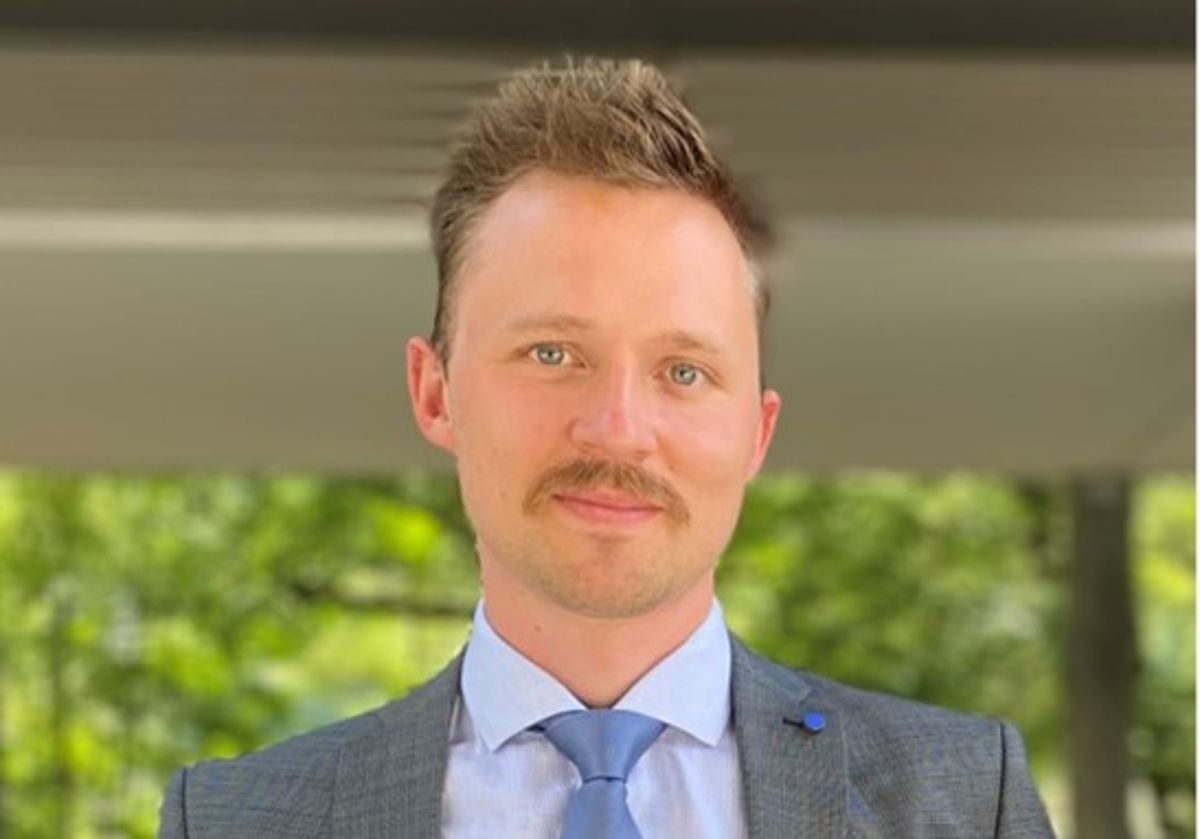Symbolic picture: Colourbox.
Busy writing texts, programming software or developing logos, crowdworkers have emerged as a small but growing part of the modern labour market. Task-oriented freelancers offer their services on online platforms. They usually work on their own at home and are not employed by an organisation. Working conditions in crowdwork are precarious, but not for everyone. Some workers make good money and find this way of working advantageous.
What sets these workers apart from others? This is the question researchers from the University of Passau and Deakin Business School in Melbourne set out to answer. The result: Online communities and job crafting are important. Job crafting in organisational research is when employees adapt their tasks, their social interaction at work and how they perform their job to their own preferences.
In the study of 675 interactions in crowdwork online forums, the researchers were able to show that crowdworkers use virtual communities not only as emotional support but also explicitly as a means to advance professionally. Even when discussing critical topics, users engaged with each other in a constructive manner. "It's not only about virtual shoulder pats. Freelancers use the forums to actively seek out challenges in a bid to develop their professional skills," says Dr Kim Strunk, research associate at the Chair of Management, People and Information at the University of Passau.
Validation and support from online communities
Crowdworkers also use job crafting methods to align their tasks with their skills. This allows them to improve their personal working conditions and drive their professional development. Online communities serve as a "holding environment", as a support system, to compensate for the lack of a corporate culture. "It was fascinating to see how the freelancers organised themselves and created their own structures so as to help one another," says psychologist Dr Franz Strich, a former staff member of the University of Passau who now researches and teaches at Deakin Business School in Melbourne.
Not only does the study contribute to scientific literature, it also shows companies and platform operators the potential that online communities have for improving their collaboration with crowdworkers."
Professor Marina Fiedler, University of Passau
In the study, the researchers refined the job crafting concept because existing methods were inadequate to describe crowdworker behaviour. When successful crowdworkers develop their own professional vision over the long term and take forward their professionalisation, they call it integrated crafting. Dr Strunk puts it in a nutshell: "This form of job crafting is the key for crowdworkers to manage better in their working environment".
The study entitled "Building professional holding environments for crowd work job crafting through online communities” was published in the Information Systems Journal (ISJ), one of the leading journals specialised in digitalisation, business informatics and information systems. "That's a remarkable achievement. Not only does the study contribute to scientific literature, it also shows companies and platform operators the potential that online communities have for improving their collaboration with crowdworkers," says Professor Marina Fiedler who holds the Chair of Management, People and Information at the University of Passau.
About the authors
Dr Kim Strunk studied business administration in Münster and Würzburg and earned a doctorate from the University of Passau at the Chair of Management, People and Information. In his research he studies new work forms, i.e., contemporary changes in the organisation of work, as well as organisational sustainability and the impact of social support in platform work.
More information:






